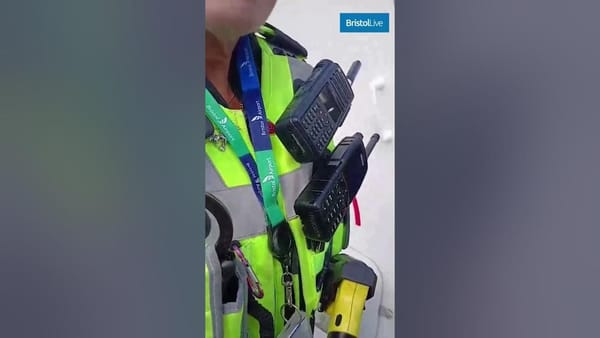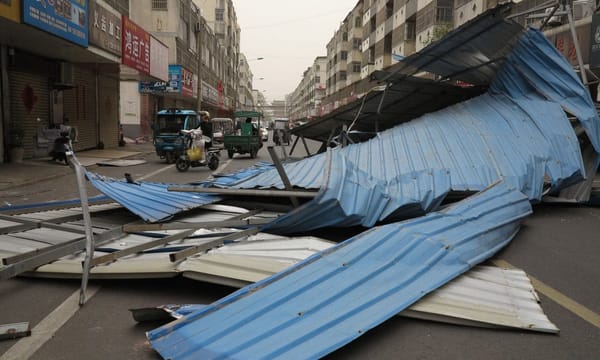Palestinian student faces deportation while his pregnant American wife waits - lawyers reveal the shocking legal loophole being used against him
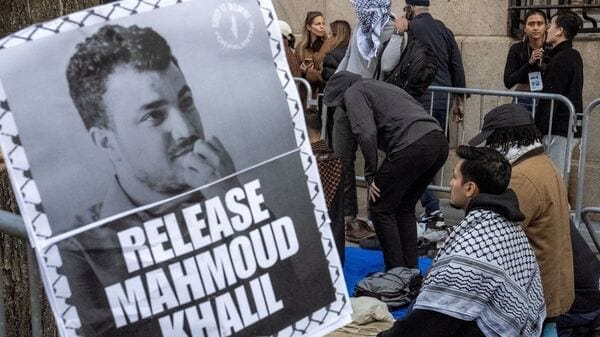
An immigration judge has ruled that Mahmoud Khalil, a Palestinian Columbia University graduate student who participated in protests against Israel's actions in Gaza, can be deported from the United States. The decision comes as Khalil's pregnant American wife awaits the birth of their child, and his legal team prepares to appeal what they describe as an unprecedented use of immigration law to silence political dissent.
The Controversial Arrest and Detention
Khalil, 30, became the first arrest under President Donald Trump's crackdown on campus protesters when federal immigration agents detained him on March 8 in the lobby of his university-owned apartment. As an international affairs graduate student at Columbia University, Khalil had served as a spokesperson and negotiator for student activists who organized protests against Israel's military campaign in Gaza last spring.
Despite having legal resident status in the U.S. and being married to an American citizen who is due to give birth soon, Khalil was transported to an immigration detention center in Jena, Louisiana—thousands of miles from his support network and legal representation.
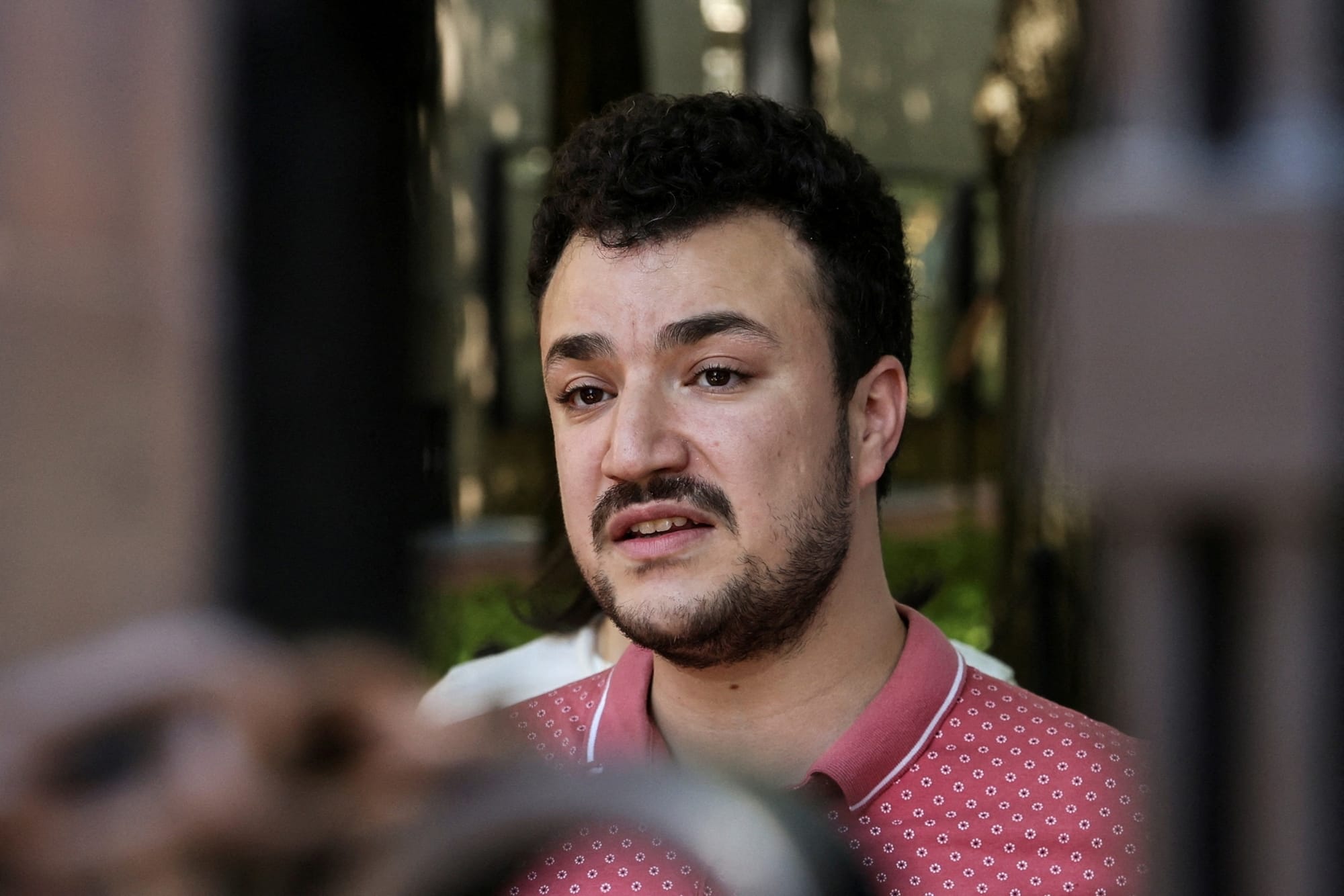
What makes Khalil's case particularly notable is that he was not among those arrested during the campus demonstrations and is not accused of breaking any laws. He did not participate in the occupation of an administration building that prompted police intervention, though his willingness to speak openly to media and appear unmasked at protests made him easily identifiable.
"Today, we saw our worst fears play out: Mahmoud was subject to a charade of due process, a flagrant violation of his right to a fair hearing, and a weaponization of immigration law to suppress dissent," said Marc Van Der Hout, one of Khalil's attorneys.
The Rarely Used Legal Provision
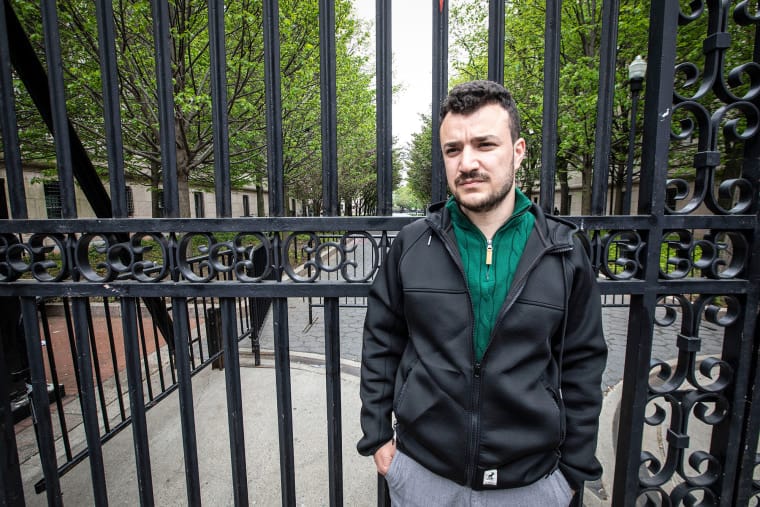
At the heart of the government's case is a rarely invoked immigration statute that U.S. Secretary of State Marco Rubio has cited to justify Khalil's deportation. The provision gives the Secretary power to deport non-citizens whose presence allegedly poses "potentially serious adverse foreign policy consequences for the United States."
Immigration Judge Jamee E. Comans ruled on Friday that this claim alone was sufficient grounds for deportation, stating the government had "established by clear and convincing evidence that he is removable." This decision was made despite previous orders from federal judges in New York and New Jersey prohibiting Khalil's deportation while his case proceeds through the courts.
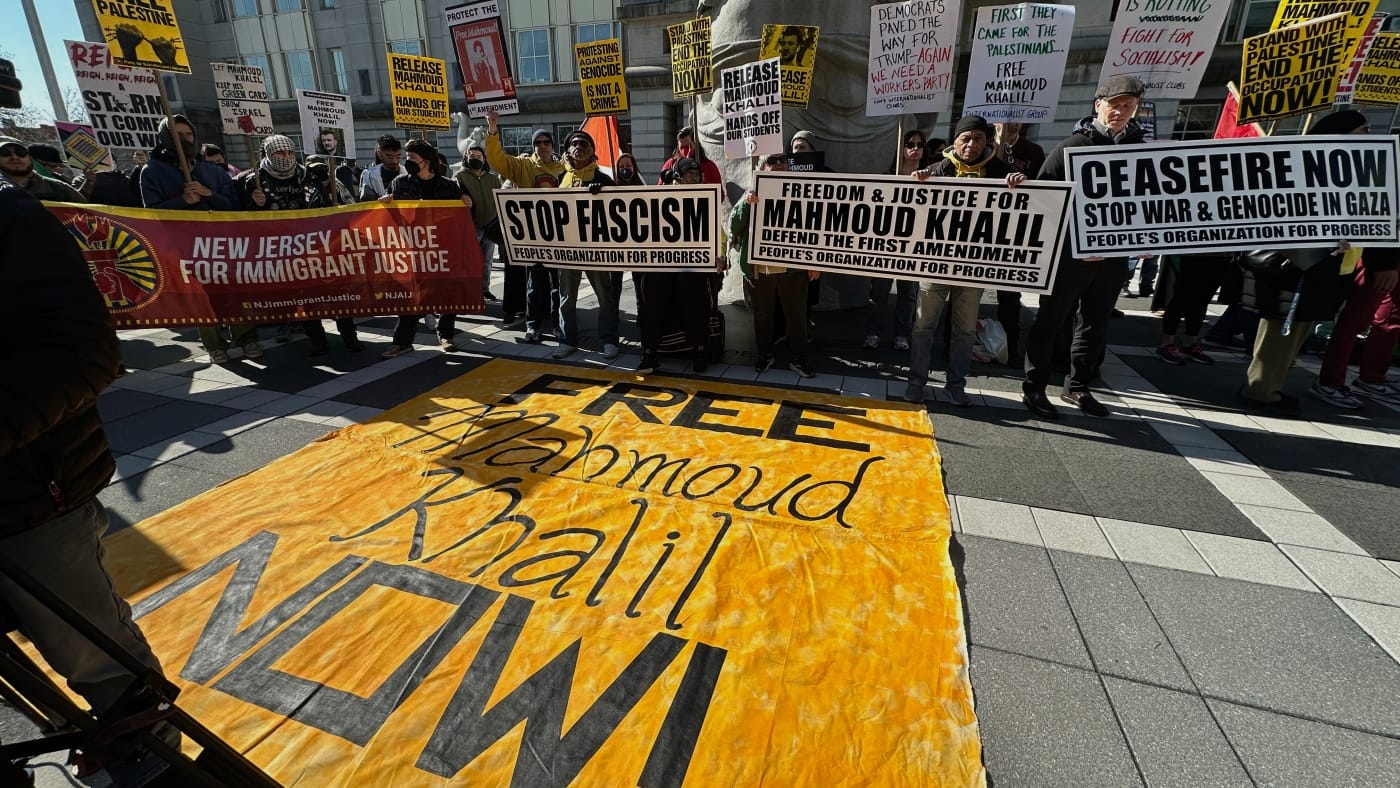
Legal experts have expressed concern about the precedent this case could set. The government has openly acknowledged it seeks to deport Khalil for expressing views it considers "antisemitic" and "pro-Hamas," referring to the Palestinian militant group that attacked Israel on October 7, 2023. The White House has accused Khalil of "siding with terrorists" but has not provided evidence supporting this claim.
First Amendment Implications and Broader Crackdown
Khalil's legal team argues that the administration is attempting to deport him for activities protected by the First Amendment of the U.S. Constitution. This raises significant questions about the rights of non-citizens to engage in political speech and protest in the United States.
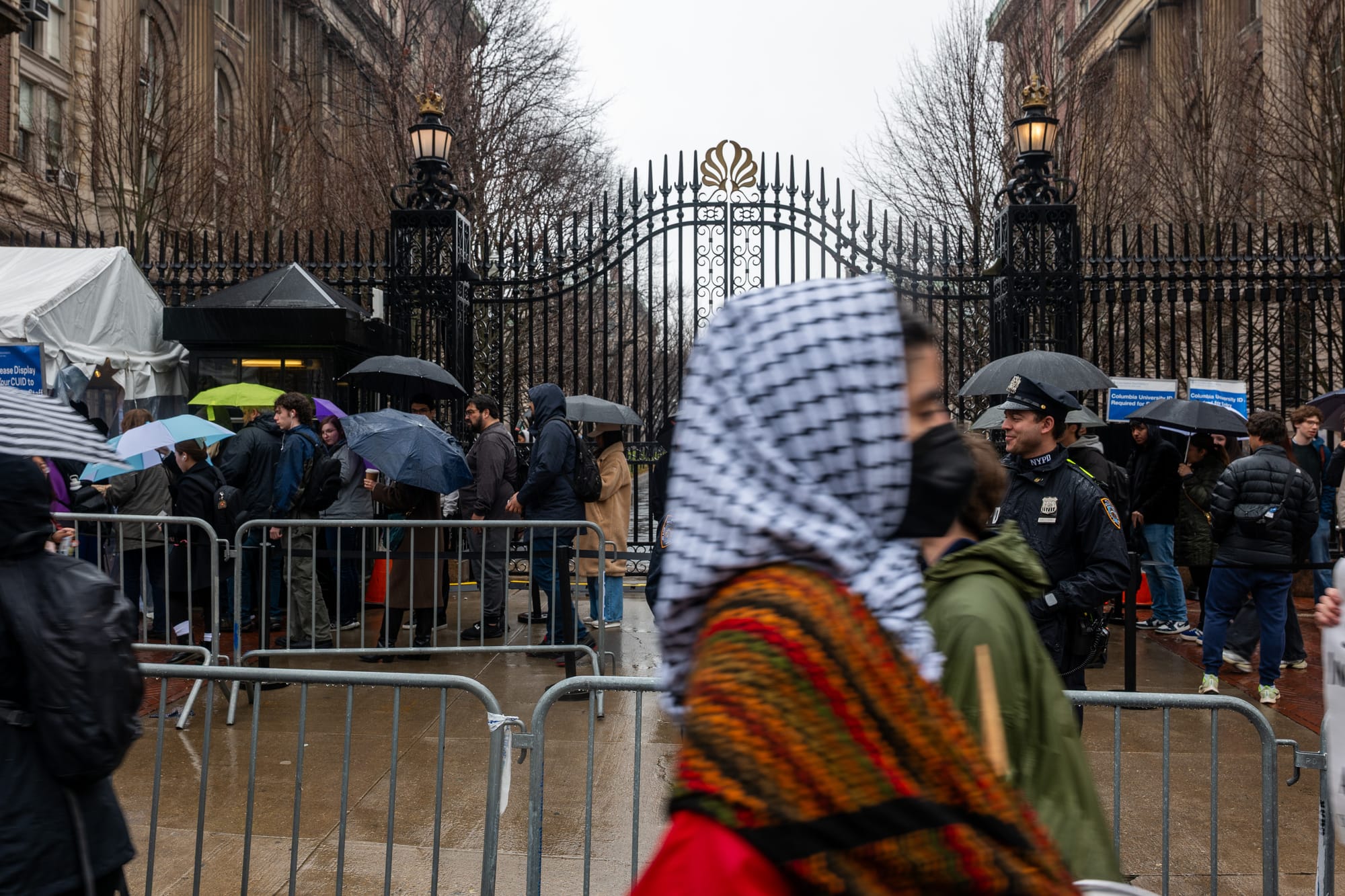
Khalil's case appears to be part of a broader pattern of immigration enforcement targeting critics of Israel's actions in Gaza. Authorities have also:
- Arrested a Georgetown University scholar who spoke out on social media about the Israel-Gaza war
- Canceled student visas of some protesters
- Deported a Brown University professor who allegedly attended the Lebanon funeral of a Hezbollah leader
What Happens Next
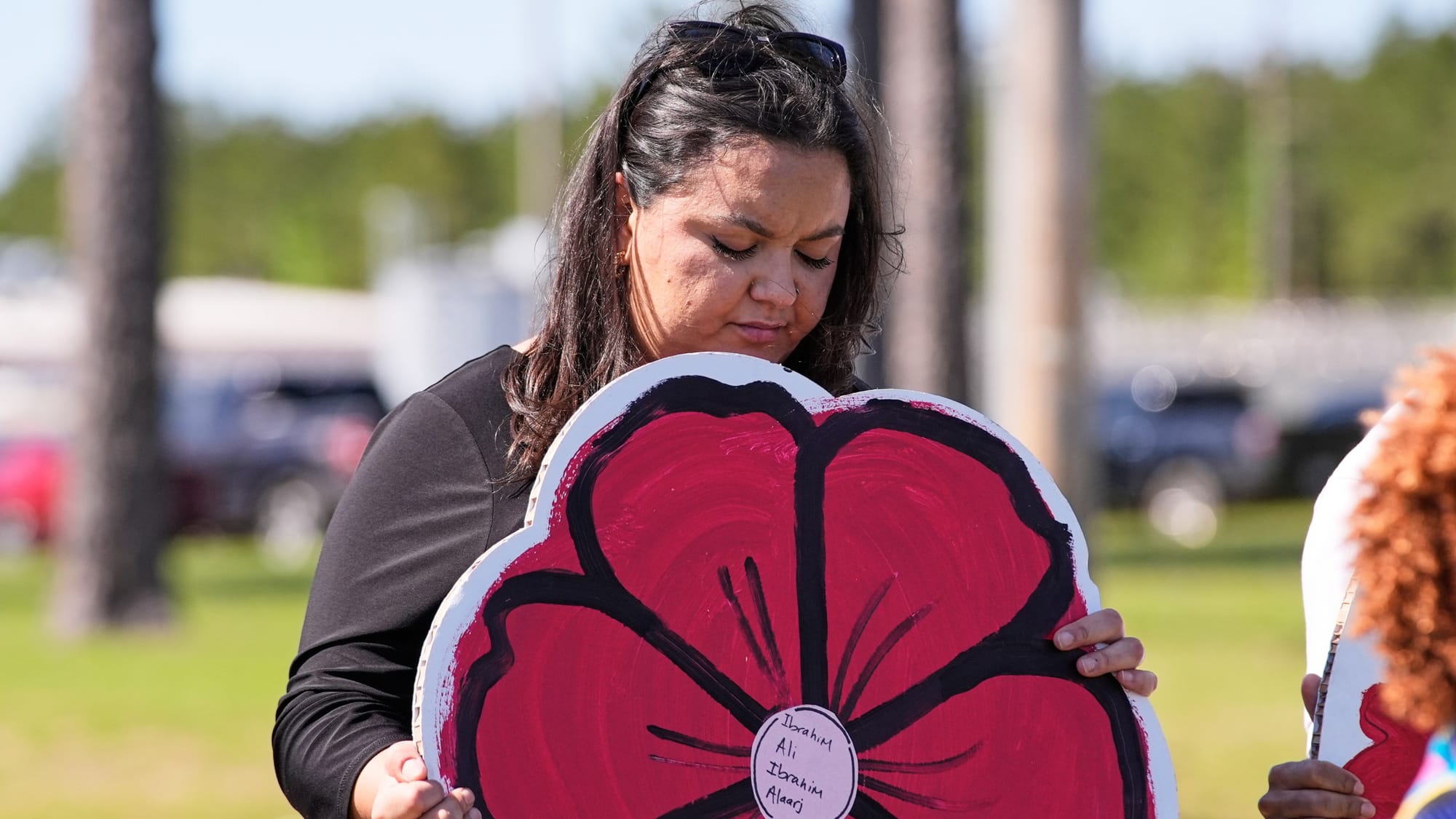
Despite Friday's ruling, Khalil's immediate deportation is not imminent. His attorneys plan to appeal to the Board of Immigration Appeals and may pursue an asylum case on his behalf. The judge has given them until April 23 to seek a waiver.
"Even though the judge found Khalil removable on foreign policy grounds, nothing will happen quickly in the immigration proceeding," Van Der Hout explained.
Meanwhile, Khalil remains detained in Louisiana as his pregnant wife awaits the birth of their child. The case has drawn significant attention from civil liberties organizations concerned about the precedent it could set for using immigration law to target political dissent.
Legal experts note that the outcome of Khalil's appeal could have far-reaching implications for non-citizens' rights to engage in political protest in the United States, potentially reshaping the boundaries of free speech protections for millions of immigrants and visa holders across the country.



